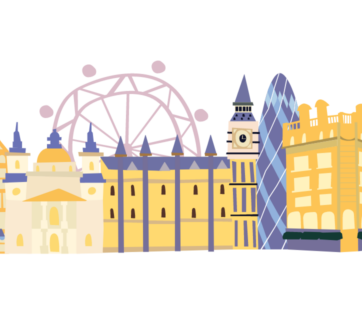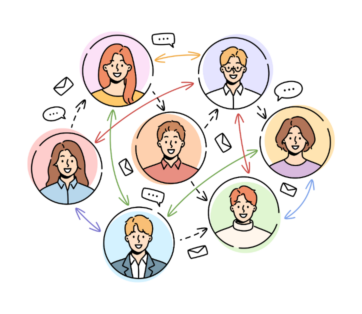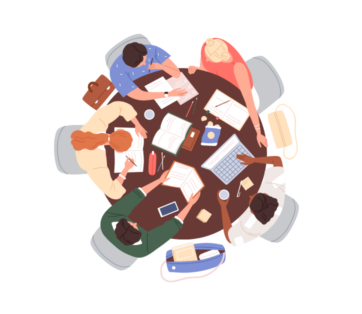In our latest episode of CAPEcast, we talk to Ruth Morgan, Professor of Crime and Forensic Science at UCL and World Economic Forum young scientist, about her call to get 1 million scientists doing 100 million hours of policy engagement – that’s two hours a week each for 10% of the world’s scientists.
Ruth chats to Sarah Chaytor, CAPE co-lead, about why it’s important to spend time building bridges and networks between science and policy, and how two hours a week can create a momentum for networks to grow and get science into places where it affects decision making. We explore how this might look different for different people across the diversity of the science community.
We’re seeing more and more that we need really great, excellent ground-breaking science to inform and to enable us to make the breakthroughs that we need as we face the big challenges… we need to get that science into the hands of people who can actually make those decisions, and change the world for the better. We need a generation of scientists coming through, who are able to build those bridges from science into policy.
Ruth Morgan, Professor of Crime and Forensic Science at UCL and World Economic Forum Young Scientist
About CAPE
Capabilities in Academic Policy Engagement (CAPE) is a knowledge exchange and research project funded by Research England from 2020-2024, which has been exploring how to support effective and sustained engagement between academics and policy professionals. The project is a partnership between UCL and the Universities of Cambridge, Manchester, Northumbria and Nottingham in collaboration with the Government Office for Science, the Parliamentary Office for Science and Technology, Nesta and the Transforming Evidence Hub.
About CAPE podcasts
CAPE podcasts are conversations between CAPE team members and our partners about their experiences undertaking academic policy engagement as part of their CAPE project.


